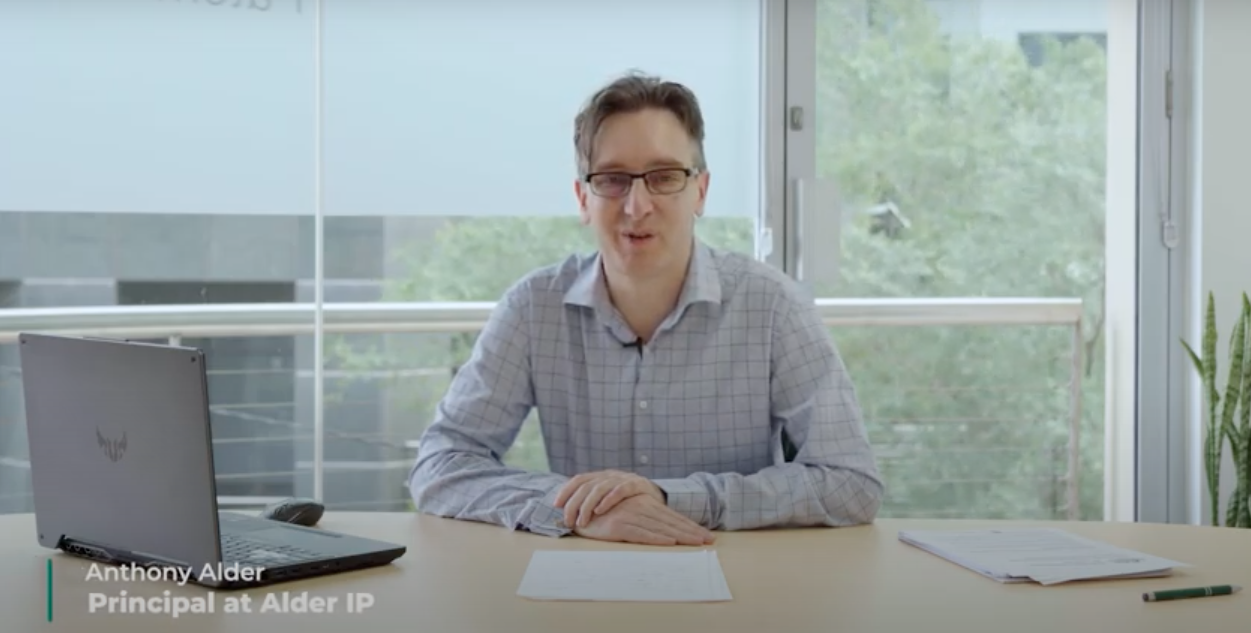During the latter end of 2014, Australia’s second largest internet service provider (ISP), iiNet, decided to go to court against Voltage Pictures. The Hollywood studio behind the award-winning film Dallas Buyers Club took exception to the copyright infringements taking place by some Australian internet users and demanded iiNet release their information.
Voltage Pictures is a well-known practitioner of “speculative invoicing” – a method by which the copyright owners invoice those breaching their intellectual property rights in retrospect.
Australian BitTorrent users who had shared the blockbuster film are likely to be given the ultimatum: pay the amount or face court action.
Back then, iiNet explained that it would support the end goal of finding copyright infringers and protecting intellectual property among its 1.3 million customers, but said it did not back doing so using the speculative invoicing method. The ISP said the only way it would provide user information to a third party was if a court decision ordered them to – which would set a copyright precedent for others to follow.
In early April 2015, the courts ruled that in the case of Dallas Buyers Club LLC v iiNet Limited, stronger copyright breach rules were needed, though there are caveats that aim to protect the privacy rights of the ISP and its users.
iiNet will have to provide the information to allow for the studio to chase recompense for copyright breach in Australia, though Voltage Pictures must:
- Be strictly limited in their use of ISP users’ details and only use them to recover compensation for copyright infringement
- Submit a copy of the draft letter it intends to send to account holders for approval by the Federal Court
There is also the “three strikes and you’re out rule” (also known as Copyright Notice Scheme Industry Code) announced by the Communications Alliance shortly after the verdict.
Similar to a method used in New Zealand, ISPs can write to those customers identified as breaching copyright. After three notices, the copyright holders can apply to the courts to chase the individuals – and ISPs must “act reasonably to facilitate and assist”.
Many believed this will be an inevitable step towards ending online piracy – if nothing else, it’s likely to give the online sharing community a warning about the seriousness of copyright infringement in Australia.


